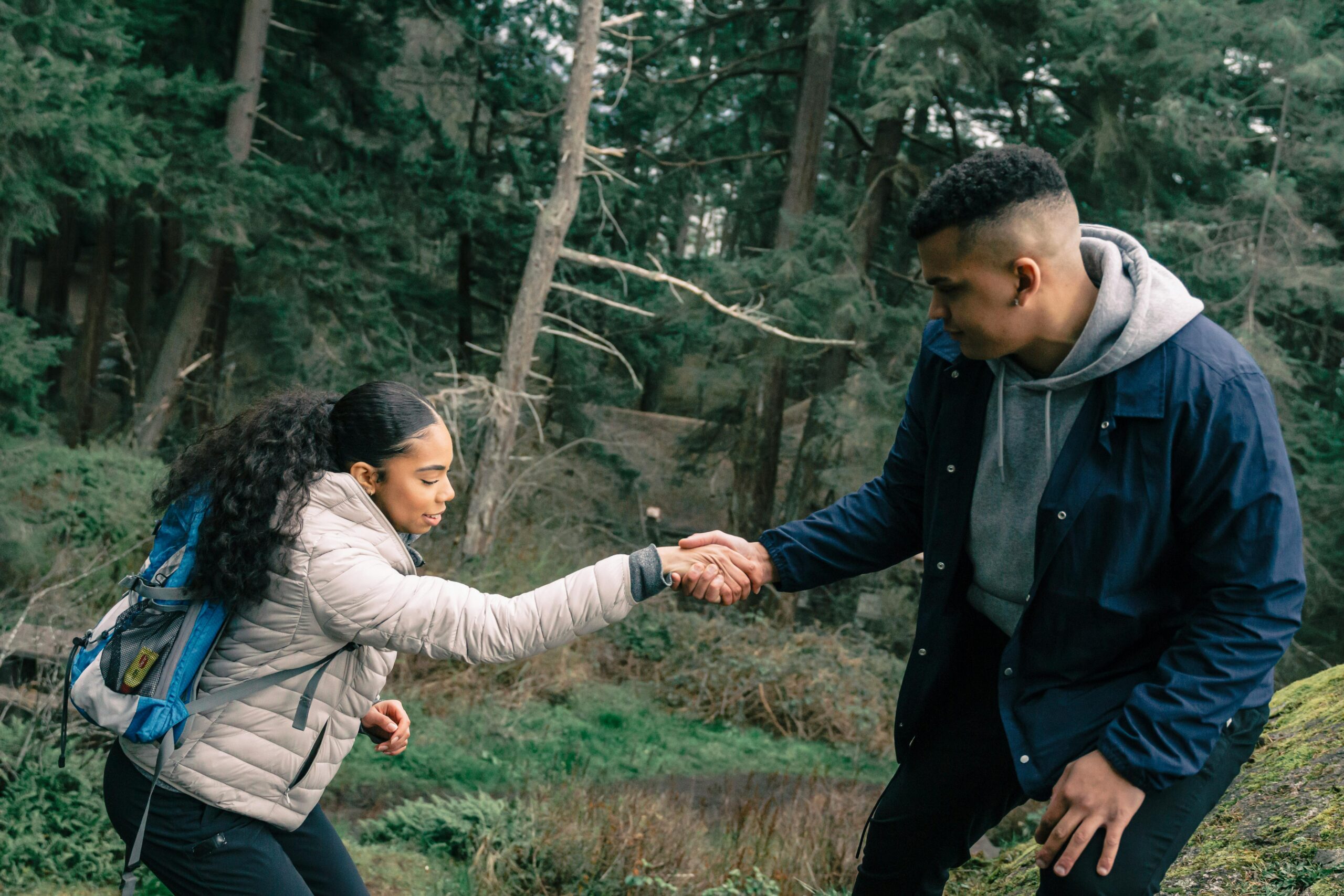In today’s unpredictable world, ensuring that every family member is equipped with essential survival skills is not just beneficial—it’s necessary. From toddlers to seniors, these skills can mean the difference between feeling helpless and being empowered in emergency situations. This guide dives into vital survival skills that cater to both children and adults, preparing your family to face any challenge confidently.
Teaching survival skills to every family member, from the youngest to the oldest, is crucial for ensuring safety in unpredictable situations. This article outlines essential skills that cater to both children and adults, fostering a family culture of preparedness and resilience.
Basic First Aid

Basic first aid is a life-saving skill that everyone in the family should learn. It’s essential for treating minor injuries and responding to emergencies until professional help is available.
Skill Development: Train in treating cuts, burns, and bruises, and learn CPR and allergy response. Advanced skills like handling fractures or severe bleeding should be known by adults and teens.
Tools and Supplies: Ensure your home has a comprehensive first aid kit that is easily accessible to all family members.
Children’s Involvement: Introduce children to simple first aid practices, such as using bandages or applying antiseptic under supervision, through fun and engaging drills.
Regularly review and practice these skills to ensure that every family member is prepared to act in an emergency, helping to maintain safety and reduce panic.
Water and Food Procurement

Securing safe water and food can be critical in survival situations. Teaching these skills ensures your family can sustain themselves when conventional resources are unavailable.
Finding Safe Water: Educate on methods to locate and purify water, including boiling and using purification tablets.
Foraging for Food: Learn to identify safe, edible plants and insects. Include children in safe, supervised foraging activities to familiarize them with these vital skills.
Hunting and Fishing Basics: Introduce sustainable practices like fishing and simple snaring to older children and adults.
Practicing these skills during family outings or camping trips can make them second nature, enhancing your family’s self-reliance and confidence in survival situations.
Fire Building and Shelter Construction

Mastery of fire building and shelter construction is essential for warmth, protection, and cooking in the wilderness.
Fire Basics: Teach safe fire-building techniques, emphasizing the importance of fire safety to prevent accidents.
Shelter Building: Demonstrate how to use both natural and man-made materials to create temporary shelters.
Practical Exercises: Engage the whole family in building shelters and fires during camping trips to reinforce these critical skills.
Hands-on practice is key to mastering these skills, ensuring comfort and safety in adverse conditions.
Navigation and Signaling for Help

Knowing how to navigate and signal for help can make a significant difference in getting rescued during an emergency.
Using Maps and Compasses: Start with basic map reading and compass use, essential for any outdoor activity.
Modern Technology: Teach the use of GPS and other technological aids that can help in location tracking and route planning.
Signaling Techniques: Everyone should know several ways to signal for help, using tools like whistles, mirrors, or visible markers.
Regular navigation challenges and signaling drills can help these skills become second nature, significantly improving your family’s chances in an emergency.
Psychological Resilience

Maintaining mental strength is just as important as physical preparedness in survival situations.
Stress Management: Introduce methods such as deep breathing and mindfulness to help manage stress and anxiety effectively.
Role-playing Scenarios: Use simulated scenarios to teach both children and adults how to stay calm and effective under pressure.
Strengthening psychological resilience through regular practice and family discussions about emergencies can bolster confidence and reduce fear.
Survival skills are crucial for all families, offering not only the ability to cope with emergencies but also fostering a sense of empowerment and teamwork. Continue to educate and practice regularly, ensuring that these essential skills become a natural part of your family’s routine.
FAQs
Q: At what age can children start learning survival skills?
A: Children as young as four can begin learning basic survival skills like recognizing edible plants or understanding the importance of clean water. Tailor the complexity of the skill to the child’s age and maturity.
Q: How can we practice these skills safely?
A: Start in a controlled environment like a backyard or during a day trip to a local park. Gradually increase the complexity of the scenarios as the family becomes more comfortable with the skills.
Q: What are the first skills to teach in an emergency preparedness plan?
A: Start with basic first aid and fire safety. These foundational skills are applicable in a wide range of scenarios and are critical for immediate response.
This comprehensive guide aims to prepare your family for any circumstances, ensuring that everyone, regardless of age, can contribute to their safety and well-being.
Feature Photo by PNW Production


Leave a Reply